Do Amish pay taxes?
Amish DO pay taxes – with some exceptions
 One of a number of myths about the Amish is that they don’t pay taxes. Though the Amish may not always agree with the actions of the government, they generally consistently respect the laws of the state, which includes paying appropriate taxes.
One of a number of myths about the Amish is that they don’t pay taxes. Though the Amish may not always agree with the actions of the government, they generally consistently respect the laws of the state, which includes paying appropriate taxes.
Short answer: Do the Amish pay taxes? The short answer is “yes” – with a “but”. Taxes the Amish pay include federal and state income taxes, property taxes (public school taxes), sales taxes, and capital gains taxes. The Amish are exempt from Social Security taxes (though not in all cases).
Below I’ll explain which taxes Amish do pay, along with two or three exceptions to the rule – and why those exceptions exist. There’s a reason that the “Amish don’t pay taxes” misconception exists. We’ll take a look at why that is.
Jump to:
Which taxes do Amish pay?
Origin of the “Amish don’t pay taxes” myth
Amish & Social Security
Three Social Security Exceptions
Amish & Worker’s Compensation
How do Amish file taxes?
Do Amish pay sales tax?
Do Amish accept government benefits?
Conclusion
Related topics
Amish & Taxes
One of the most persistent myths about the Amish is the claim that they do not pay taxes. You often see complaints that the Amish do not pay, or claims that they’re just “freeloading on society”. However is there a reason for these beliefs? Usually even myths have at least a grain of truth to them. Let’s take a look at whether Amish pay taxes, which taxes they pay, and where this idea that “Amish don’t pay taxes” might come from.
Which taxes do the Amish pay?
Despite what people loudly claim, the Amish do pay taxes – at least, nearly all the same taxes non-Amish do (more on that below). The Amish pay federal and state income taxes, sales taxes, capital gains taxes, and property taxes (essentially “public school taxes”), even though most Amish send their children to privately run schools (which they also fund).
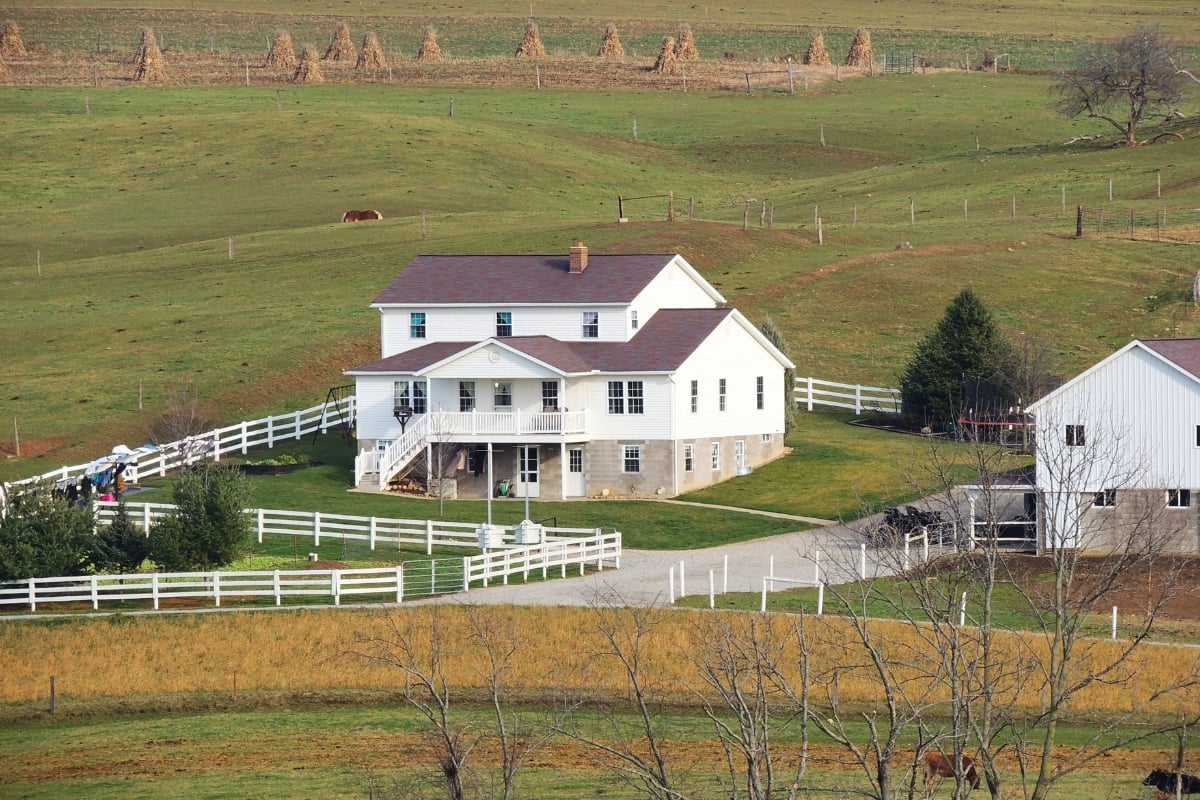
Amish have to submit annual tax returns (state and federal) and make tax payments like any other American citizens do. The file either as individual earners or as some form of business or independent contractor (many Amish run small businesses, or are farmers). Likewise, Amish have taxes withheld from their paychecks just like any other workers.
And sure enough you’ll hear Amish complain about the property tax bill when that comes around – especially considering the large amounts of acreage that many of them own.
But they pay these property taxes that are intended to pay for public schools, even though most Amish do not send their children to public schools. Most Amish children go to Amish parochial or private schools, funded by the community. These are the iconic one-room Amish schoolhouses you see dotting the countryside in Amish areas (although there are some exceptions to that, as Amish do send their kids to public schools in some places).
Amish businesses are also required to collect and pay sales tax on the goods they sell and services they provide. This will apply in most cases, but depends on the state. Amish do live in two states – Montana and Delaware – which do not have sales tax.
Amish even pay fuel taxes, either directly or indirectly. How does that work, if the Amish use the horse-and-buggy? Amish do purchase fuels such as gasoline and diesel to run engines which provide power for their businesses (for example, powering a saw or other woodworking tool) since as is typical of the Amish lifestyle, they operate off the public electricity grid. They use fossil fuels for other devices as well, such as lawnmowers and other engine-driven implements.

Some Amish also pay gasoline tax indirectly. Many Amish hire non-Amish drivers for transportation – for example, a family which operates a PA Dutch market will need a van driver to haul them back and forth between home and the market, several days a week. This tax will indirectly be paid in the fees that Amish pay the driver.
“Amish don’t pay taxes” – Why do people think that?
There are some exemptions or exceptions that need to be mentioned. There’s one sort of tax – or rather one payment – that the Amish, on the whole, do not participate in. And that’s Social Security.
The Amish were given exemption from the Social Security Program in recognition of the fact that the Amish as a community, traditionally care for their old and for their infirm. This came about after years of conflict between Amish and the Internal Revenue Service in states like Pennsylvania and Ohio, culminating in Congress passing a bill which was signed into law in 1965.
And this exemption – along with individual Amish behavior (more on that below) – is likely the main source of the general misconception that Amish don’t pay taxes.
The Amish Social Security tax exemption
Why were Amish, and other conscientious objectors exempted? And why did I hesitate above in describing Social Security as a “tax”? The argument there is that the Amish consider Social Security to be a form of insurance.
And in fact, the actual full name of the Social Security program is the Federal Old Age, Survivors, and Disability Insurance Program (OASDI). So it even has the word “insurance” right there in the name. So that probably helped the Amish religious beliefs argument in this case.

So in Amish eyes it’s not a tax, but an insurance program. And therefore paying Social Security actually contradicts Amish beliefs against participating in commercial social insurance – in being tied to the world through that system.
In a broader sense, Amish believe in helping others in their community when medical or other needs arise, in a spirit of Christian mutual aid. And the Amish demonstrate that they do this in how they handle medical bills. They pay for hospital and other treatment usually on a cash basis (without commercial insurance). And if bills are too large, they typically often tap into resources of the community, holding fundraisers, and so on.
The tax being paid is technically known as the Federal Insurance Contributions Act (FICA), and is also used to fund Medicare. Thus the Amish also do not participate in Medicare (or Medicaid, for that matter). The portion of FICA which goes to fund Social Security is 12.4%, while Medicare accounts for 2.9% of the payment (totaling 15.3% for those paying the full self-employment tax).
Amish employers can also be exempted from paying FUTA (Federal Unemployment Tax Act), and along similar lines, Amish do not collect unemployment benefits (with some exceptions, see below).
So finally, you might be wondering, do Amish collect Social Security payments?
Logically, since they’re not paying into Social Security, they’re also not receiving any Social Security benefits. And Amish people accept that. However, there are some exceptions to the “Amish don’t pay Social Security” rule. Read on for more.
Three Exceptions: When Amish DO pay Social Security
Now, there are some exceptions to this. Though they are generally exempted from Social Security, in some cases Amish may in fact be required to pay Social Security taxes. This may happen in three situations: 1) when an Amish person is working for a business that is of mixed Amish and non-Amish ownership, the exemption wouldn’t apply.
Amish business owners are also required to pay Social Security taxes 2) when employing non-Amish workers, or 3) Amish youth that have not yet been baptized in the church. Those youth haven’t filled out the proper paperwork that provides this exemption, because they’re not officially members of the church.
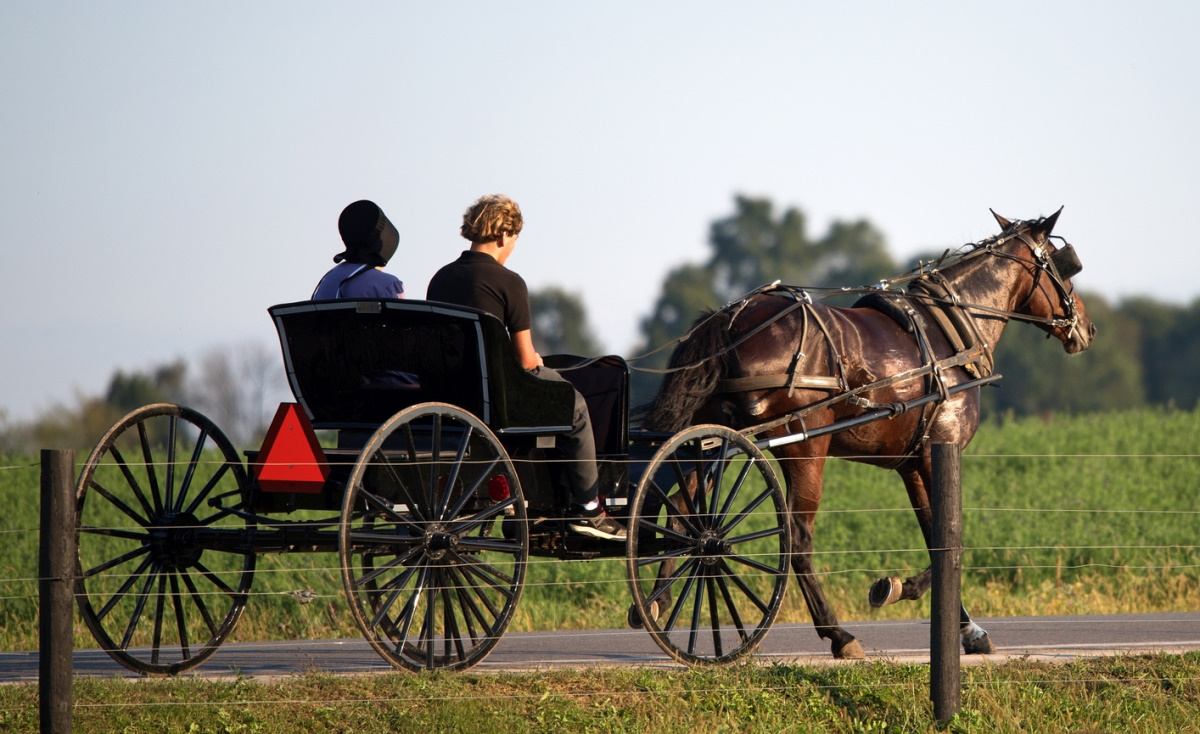
So they will also be required to pay Social Security. So there are three situations where Amish people don’t enjoy an exemption from Social Security payments, both on the employer and employee side.
Worker’s Compensation Exemption (Some states)
What about the Amish and worker’s comp? In some states, Amish are also exempt from participating in Worker’s Compensation insurance programs as well. Amish employers and the community typically help to take care of the injured and sick, as well as their families. Again, this is rooted in the Amish belief and tradition of taking care of their own.
So when there are injuries that take away an Amish person’s ability to work for an extended period of time, or there are medical and health care needs, that’s something that’s generally handled by the community. The Amish are not dependent on the state in a similar way that they don’t tap into state support via the Social Security program.
How do Amish do their taxes?
How do Amish file their taxes? Like other Americans, Amish may do their taxes themselves, or they may hire an accountant, just like any non-Amish person might. Those self-employed Amish people who run businesses, a growing group among the Amish, are going to be more likely to get outside help.
Of course, a non-Amish accountant is going to have easier access to online filing and other digital tools to make the process easier. However, there are even Amish accountants and bookkeepers in some communities, who specialize in helping other Amish. They may have some limitations by not being online. But keeping the books and helping with tax matters are a viable business for Amish in some places.

You’ll tend to find these in larger Amish communities – you’ll even have Amish people whose main profession is helping other Amish pay taxes and manage that side of their businesses. I’ve met Amish bookkeepers in larger and more progressive Amish communities like Holmes County, Ohio, and Arthur, Illinois. So not only do Amish pay taxes, they have members of their community who specialize in helping their communities make sure they’re keeping the IRS happy.
Do Amish pay sales tax?
Is it really true that the Amish pay all taxes? What about sales tax? The Amish are required to collect sales tax on those states which demand it. And for the most part they do.
However, that doesn’t mean you won’t come across a small Amish store somewhere where taxes are not added on when you go to pay your shoofly pie or jar or chow-chow. For example, I remember buying things in Amish stores and they’d have a face value price on the item – and when I went to check out, there was no tax added.

Now, I don’t know if that meant the tax was already included, or they just weren’t charging me tax for some reason. It’s possible I was in a state where there was no sales tax (but I don’t think so, as there are only two of those with Amish populations).
So I’ve seen the occasional example of that. It’s possible sales taxes may not always be paid in some of those cases. Amish people are individuals and not every individual is going to follow the law to a “T” (even among the Amish). And Amish stores, especially in the smaller, more traditional communities, are going to be taking a lot of cash payments, since they’re mostly not set up for credit cards. When this sort of thing happens, it can also feed into the general myth that “Amish don’t pay taxes”. People have this experience and assume it must be the case with all Amish, when it’s not.
And, I think it’s fair to say that this (not collecting or paying sales tax) also happens with some English (non-Amish) businesses as well. What people do on an individual level will always vary. But generally the idea that “Amish don’t pay sales taxes” is a myth.
Do Amish accept government benefits?
As a rule, the Amish do not accept government benefits (or “government handouts” to use the more pejorative term). For example, in a well-publicized story, it was reported that Amish returned stimulus checks during the COVID-19 pandemic. However, there have been instances when Amish did apply for and accept unemployment assistance. Following the 2008-2009 financial crisis, Amish in some communities reportedly began accepting unemployment compensation.
For example, Amish in the large community in northern Indiana (in Elkhart & LaGrange Counties) were heavily-hit by the financial crisis. Why did that community particularly suffer? Many of the Amish in that area work in the region’s extensive recreational vehicle (RV) industry. This industry was badly hit in the wake of the financial meltdown, as it provides non-essential goods.
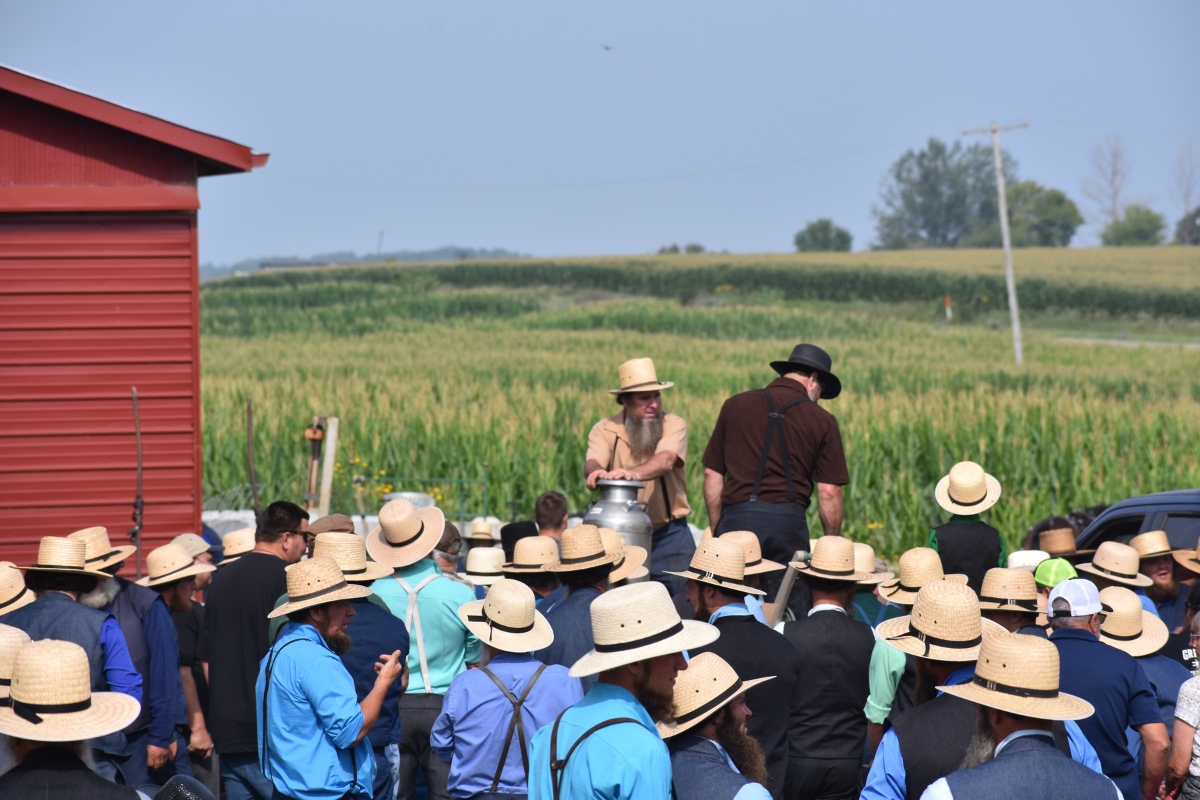
Workers in the industry were laid off, some temporarily, and others permanently. As a result, some Amish reportedly began taking unemployment aid and collecting government payments in this community. In these cases, the workers were working for non-Amish employers (the RV companies).
That situation is outside the norm, however. Amish usually do not accept government payments, as they traditionally rely on mutual aid when there are needs. But the situation in 2008 was extraordinary, and the community in question here is one of the more progressive ones. So it’s not surprising that you see some exceptions like that to the “Amish rules” from time to time. Especially when you consider the many diverse Amish communities.
Conclusion: Amish pay nearly all taxes
Ultimately, the Amish do pay nearly all taxes, including federal income tax, state income tax, property tax, sales tax, and capital gains tax. Amish may do their annual taxes themselves, or hire an accountant. Amish accountants and bookkeepers assist Amish individuals and businesses in larger Amish communities.
Amish exemptions
That noted, Amish do receive an exemption from Social Security, signing away the right to receive Social Security benefits in the process. Amish were granted exemption from participation in Social Security in recognition of the fact that Amish communities care for their old and infirm. Amish also consider programs such as Social Security to be insurance programs, which contradict Amish beliefs against participating in commercial insurance.
Along similar lines, Amish generally do not pay into the Medicare program or FUTA, and likewise do not receive Medicare benefits or unemployment compensation.
Amish individuals might also fail to pay their taxes or collect sales tax on their goods sold, in some cases. But those are individual-level decisions, not behavior that is typical or representative of all Amish.
Related Topics
Want to learn more on the Amish and related topics, including business, money, and making a living? You might enjoy these articles:
The Amish & Money
More on the Amish and money. How do Amish earn a living? Do they use banks and credit cards? Are there rich Amish, and what do they do with their money?
Amish Business
Amish run a wide variety of small businesses, including construction, furniture, food, and other enterprises. Learn more on the Amish and business.
The Amish & Voting
Do the Amish vote? For the most part, they do not participate in the voting process, for a number of reasons including “Two Kingdoms” beliefs. However, some Amish do vote.
Are the Amish self-sufficient?
The Amish are often depicted as isolated from the world, a self-sufficient people living “off the grid”. But is this true? One Amishman discusses why Amish are not really self-sufficient.
For further information, see:
The Riddle of Amish Culture, Donald B. Kraybill
Amish Online Encyclopedia: Do Amish use money? and Do Amish use banks?



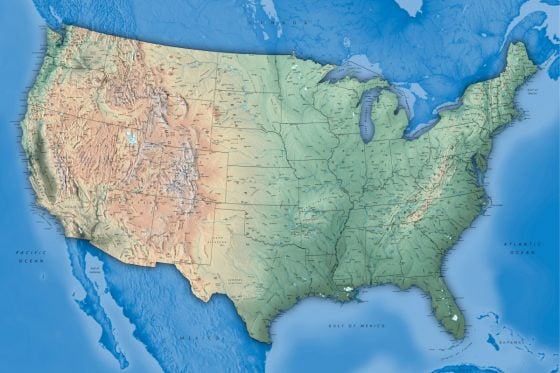

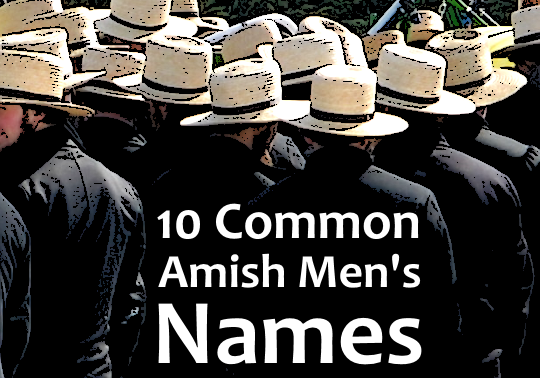
didn't know
I was asked about the amish and why they don’t pay taxes so to find out for myself, I did a little research. I guess now I know. Although, because I live in upstate NY I feel like they can and are buying up a lot of property> do they support each other with the monies to buy property? It seems as though their community is growing.
Amish money-lending
Hi Margaret, Amish are definitely moving to New York and those communities are growing at a fast pace.
Amish society is not collective in that they share resources out of one pot, but within the community Amish might lend money at favorable terms, say for a home loan or when starting up a business.
I think you’ll continue to see more and more Amish in NY as it’s pretty attractive for its available farmland, much cheaper than in places like Southeastern PA.
property taxes
i was under the impression that they got out of paying property taxes like everyone else because they have their church services at different locations every time. therefore , all of them essentially live on church property. church properties are exempt from many taxes. if that just a myth?
Property Taxes
We do pay property taxes. I never heard the “living on church property” idea before! We pay income tax and property taxes, though. So yes that is a myth.
Taxes returned every year
After baptizing.they fill out 4029 tax form……Form 4029. A form that one files with the IRS to apply for a religious exemption from payment of FICA taxes and to opt out of the Social Security and Medicare programs. One only files Form 4029 if one is a layperson objecting on religious grounds.
I live in Upstate, NY where there is a huge presence of Amish. I am glad that they are buying up property, and starting up businesses. We have had some work done by the Amish on our home… they are wonderful craftsmen, and very friendly people.
the Amish steel wheels tearing up the roads
the Amish steel wheels tearing up the roads
They use there buggy with steel wheels on the highway and don’t pay taxes
We pay taxes on gasoline for our highway. They use the roads and don’t pay taxes
In Ind. the Amish pay taxes and have license plates on their buggies. In Ohio a road tax IS collected and a fee charged for each buggy owned. Don’t know about other states.
Plates
Apparently all the ones around me are illegal then because I have never seen a buggy with license plates.
As far as I know, the state of Indiana is the only state requiring license plates. In Ohio we pay our road fees but do not have license plates.
We pay $50 fee for each buggy we use and this goes towards paying for road maintenance costs in our county. We do buy gasoline. It goes into our generator, lawn mowers, pasture mower, and into other things as mixed fuels (garden tiller, weed eater, chainsaw, etc.) During the winter we can get away with buying 8 – 10 gallons of gasoline a week at the local gas station, but during the warm parts of the year, that often doubles. Add in the $50 per buggy fee and it adds up, especially in a community this size. Just my 2 cents.
do amish pay taxes
Mark, forgive my ignorance, but Generators, lawn mowers, GARDEN TILLERS, weed eaters, and you are on a computer. What “chapter” of Amish allows that?
A lot of communities would allow these.
Yes, Mark #2, no offense but I can tell you’re not super-informed about the Amish. Different communities permit different arrays of technology and there is a wide range of what is acceptable between the plainest and most progressive. Mark’s community of Holmes County is home to all of these diverse groups. Yet all are still what we’d consider Old Order or horse-and-buggy Amish. I would recommend trying a good comprehensive book like The Amish by Kraybill, Nolt & Johnson-Weiner.
You are right Erik, I dont. But I’m not afraid to learn. There have been quite a few moving into the township where I live. (south of Lancaster PA) They are buying up the farms in the area that are for sale, which is GREAT!! I would much rather see a farm and fields of corn and hay, than a field of houses!!
using equipment
A lot of communities. It seems to me that a lot of questions are a bit not nice… The thing is that the Amish have many communities. Just like my Catholic church, each is a bit different. There are beachy Amish, Old Order, and many variations in between. I would not worry about what they do however. They are citizens of the US. They make their own way and are not asking for a handout…not on welfare, food stamps, etc. Seems to me that except for some people not Amish who are sick or handicapped or have other reasons, a young man or woman could make their own way just as the Amish do.
Those government programs like Medicare and food stamps are much needed in their communities. The Amish communities were allowed to grow and become wealthy with government assistance.Not all citizens and cultures were allowed to do this . Many African American communities that were thriving were either burned or destroyed by white Americans and the government. It’s the government who makes people dependent on these programs or they would make their own way in society without government assistance.
Property tax
Most homeowners would pay a county real estate or property tax, plus sales taxes. Some of these taxes may be used toward road projects.
Amish do pay taxes, probably more
Please people do some scholarly research, you are badly misinformed if you think the Amish don’t pay taxes, they even pay two taxes for school, public and private. They do not however pay social security, nor do they draw from it either. An act that was passed in the 60’s I believe, but they pay property taxes just like everyone else, and wage taxes as well as business taxes.
amish
In Ind. the Amish pay taxes and have license plates on their buggies. In Ohio a road tax IS collected and a fee charged for each buggy owned. Don’t know about other states.
School Taxes
I grew up in Warren County, PA and always thought that the Amish had different rules regarding property taxes since they do not use the public school system. Is there any truth to this?
Jennifer, I am Amish and I have never heard of anyone getting exempted from property tax in any way. It COULD be that there are areas where this is not the case, but I’m not aware of any. I live in a very large Amish community and a large portion of the property taxes we pay goes to the public school system, but in our community, there are many Amish children who go to the public schools. We estimate about 30% of the Amish school children in our community attend public schools, though some might start in the public schools and switch to private Amish schools when they are older.
If you find out that Warren Co. does indeed have different tax laws, I’d be interested in knowing.
School Taxes
Interesting! I would wage that there are no Amish students that attend public schools in Warren County. We also have an interesting land ownership situation because there was a mandated sewage line installation that (I think!)only Amish were exempted from. I’ll ask about the taxes. I really appreciate the dialogue; I grew up with Amish neighbors and even took a class called “Amish in the Age of Modernity” in college.
Jennifer, I’m assuming the Amish in your area don’t have indoor plumbing like we are used to. A recent sewage-line change in our area was paid for by everyone, Amish or not, but many in our neighborhood are on the same water/ sewage system as everyone else. The college course sounds interesting. :0 It would have been interesting to listen in on that one!
Ag vs residential property tax
Hi, I’ve lived in Lancaster County Pennsylvania all 53 years of my life. Buggies & farm equipment do not have the same financial responsibilities as vehicles made for the road. The Amish and Mennonites can fill out form 4029 (exemption from social security and Medicare) properties that have ag zoning pays very little in property/school tax especially when compared to residential properties.
There are other exemptions but I’m not even getting into business said of things due to my lack of research references.
I do imagine the Amish were able to ask the state of MI for $14,000 for a handicapped equipped buggy because they didn’t request an exemption from Ss/Medicare otherwise they’d no longer fulfill the requirements
Taxes
Amish may be required to pay taxes and ss and Medicare at some jobs…but all baptized with the church fill out a 2049 tax form…which they receive all paid in at end of year..exemption of FICA ,Medicare and ss